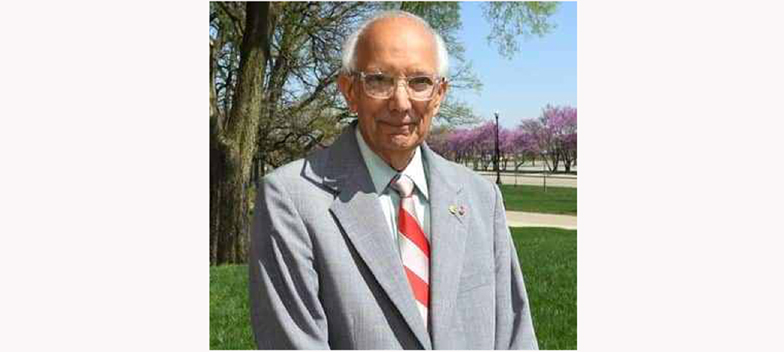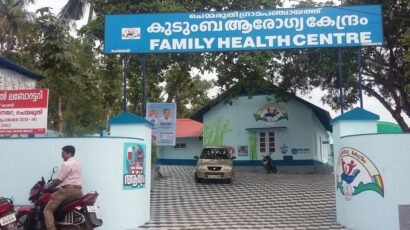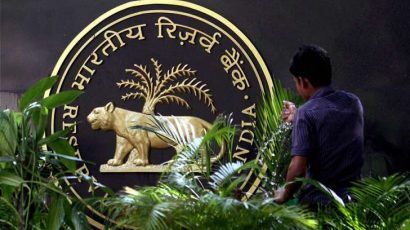World Food Prize Winning Indian-American soil scientist calls for traditional values to preserve land

Indian –American soil scientist Dr Rattan Lal, 76, who won the prestigious World Food Prize this year, regarded as equivalent to a Nobel Prize in agriculture, owes land preservation movement in India to Shastras and Puranas.
The award was bestowed on him in recognition of his contribution to increase the global food supply by helping small farmers improve their soil’s health.
The achievement is being important as it was for the first time an Indian scientist earns this prestigious award after it was gained by legendary Indian agricultural scientist Dr M S Swaminathan, who is the father of India’s Green Revolution, in 1987.
Dr Rattan Lal, 76, was born in India and studied soils at Punjab Agricultural University. After post graduation he joined Ohio State University for a doctorate. He undertook soil restoration projects in Asia, Africa and Latin America, incorporating no-till farming and use of cover crops, mulching and agro forestry to protect soil, conserve water and return nutrients, carbon and organic matter in the soil, a report said.
In a career connecting more than five decades and four continents, Dr. Lal has developed many soil-saving techniques benefiting more than 500 million small farmers, improving the food and nutritional security of more than two billion people and saving hundreds of millions of hectares of natural tropical ecosystems, the World Food Prize Foundation said in a statement on Thursday.
“Soil science has been recognized by this award. I feel very happy about it,” he told PTI in an interview after the announcement.
“So this award to a soil scientist highlights the importance of restoring and managing soil health. WE need to give more attention to Dharti Mata (mother earth). Our shastras and puranas also indicated that we must pay respect to Dharti Mata. So this award means a lot to me,” Dr Lal said.
“It is a privilege and honor to be of service to the many small farmers from around the world because I was one of them. They are stewards of the land. They are the ones with the tremendous challenge of feeding the world,” added Dr Lal, who is the founding director of the Carbon Management and Sequestration Center in CFAES at Ohio State.
Dr Lal said that his soil organic matter content in the surface layer should be between two and three per cent. But soil in Punjab, Haryana, Rajasthan, Delhi, Central India and Southern parts contain maybe 0.5 per cent or maybe 0.2 per cent.
“They are severely depleted, degraded. Consequently, not only that the productivity is low, yields are low, but also the use efficiency of inputs, like fertilizer irrigation varieties, is also low. When crops are grown on an unhealthy soil, the quality of the food, nutritional quality is also poor.
“When health of soil is degraded, the health of people is also degraded. I think it’s very important for India and other developing countries to really pay attention to restoring the health of the soil,” Dr Lal said.
Therefore, Dr.Lal calls for the immediate stopping of burning of crop residue in states like Punjab, Uttar Pradesh and Haryana.
“India should have a soil protection policy,” he said, adding that certain part of agricultural land cannot be taken out for brick making.
He said land conservation has been in our tradition; therefore what we need to do is simply follow our culture.
“I think Prime Minister (Narendra) Modi can do quite a lot on that part, improving soil health and (launch a) soil health movement. Prime Minister Modi can also indicate how our religious books actually preach this. So, we are not doing something strange, it is a part of our culture. We already talked about mother earth,” he added.
He said that he would donate the award money USD 250,000 for the future soil research and education.















